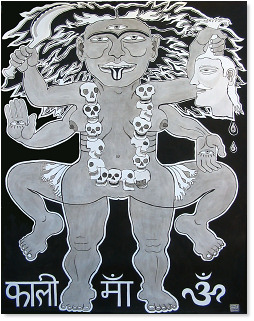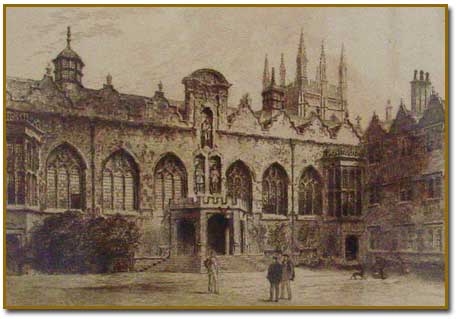
a commentary on the spiritual life
Switch To Mobile
Please and Thank You
When I was a child, a wise teacher insisted I memorize and practice the following formula: “Please and thank you every time.” It has been very good advice, and I am truly grateful to her for it.
There are no words in the human lexicon that open doors easier and quicker than “Please” and “Thank you”. This is true in life generally, whether the context is social, familial, professional, academic, or whatever, but it is especially true in the spiritual (which, of course, includes, and ultimately is, all the others).
The reason it works is that when we say “Please” or “Thank you,” we open ourselves — by which I mean we let down our defenses and open our heart, even if only for an instant, exposing ourselves to being vulnerable. An open heart is a beautiful thing and easy to love, and so people and animals and other stuff are quick to respond in kind.
By saying “Please” and “Thank you” to an other (be the other a person, a place, a thing, or whatever), we are confessing, “Our relationship is important to me (because I reside in it); I need it, and I am grateful for it”. In doing that, we incur the risk that the response may be, “Oh, yea? So what!” And therefore, too often we fail to say it. Fear of rejection cripples us, and darkens our lives.
The fact is, it does not matter what the response is. All that matters is that, as seekers, we be willing to be open. In order to win, we have to be willing to lose.
Think about it: if our heart is closed, it makes no difference what spiritual practices we undertake, what books we read, what postures we assume, what diets we adopt. They will not deliver the spiritual responses that we seek in ourselves and in our lives. Of course, it is not enough simply to say “Please” and “Thank you”. The other practices (whatever they may be) are important, too. But without the former, the latter are a waste of time and energy. In fact, if we fail to express gratitude toward our spiritual practices themselves, they are unlikely to have any meaningful effect, for it is our gratitude (our willingness to be vulnerable, to be open) that empowers them. Of themselves, without our spontaneous, enthusiastic participation, spiritual practices are meaningless gestures.
And consider this: It is not enough to say “Please” and “Thank you” just to folks and conditions we like and that we know like us. To be truly open and willingly vulnerable means saying “Please” and “Thank you” to everyone and everything.
Marcus Tullius Cicero, the Roman philosopher, observed “Gratitude is not only the greatest of virtues, but the parent of all the others.” Surely, all the virtues, to be truly virtuous, reside in an open heart, and so, without an open heart, the others have nowhere to live. And nothing opens a heart like gratitude.
Remember this: It seems to be in the Nature of the Universe that whenever a heart opens, God (Grace) rushes in, and sets up House, the ramifications and the consequences of which are too wonderful to articulate.
Notes:
(1) To read a thread on TZF’s Open
Forum addressing aspects of gratitude, please click
here.
(2) If you are a parent or a child, or have ever been one or the other, you will immediately get what I am about to say: When my teacher taught me Please and thank you every time
and insisted that I practice it always, of course I did precisely that, like Please and thank you every time, may I have another cookie?
or Please and thank you every time, may I go outside to play?
After a while, she failed to see the humor in that, so pretty soon I stopped it. But to this day, going on eight decades later, I have never forgotten the lesson, and never regretted learning it.

![]()
![]()
There is nothing but water in the holy pools.
I know, I have been swimming in them.
All the gods sculpted of wood or ivory can’t say a word.
I know, I have been crying out to them.
The Sacred Books of the East are nothing but words.
I looked through their covers one day sideways.
What Kabir talks of is only what he has lived through.
If you have not lived through something, it is not true.
Kabir
Q
![]()

“Sea Dragon” by Nancy Russell Nadzo
![]()
He who receives a benefit with gratitude repays the first installment on his debt.
Lucius Annaeus Seneca
Q
![]()

“Kali Ma” by Paul Alexandre John
This Artist’s Home Page
![]()

